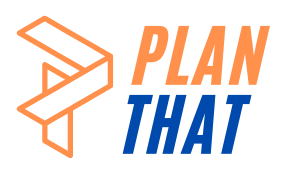One of the best non-industry specific qualifications and accreditations that an employee can obtain is the Project Management Professional Certification (PMP). Beyond making them eligible for more benefits, higher positions and increased salary, it arms her with essential skills that can be used both inside and outside of the work environment. The suite of gained skills include things like an enhanced ability to communicate ideas, greater knowledge of quality control when dealing with products and services, more organized planning abilities, and many other things concerning administrative ability and project management. Most of these skills are intertwined; and although the sheer number of abilities to be obtained can seem daunting, they can all be covered by just 3 essential techniques that the beginning project manager should consider:
- Before embarking on any considerable enterprise, there should be a risk management assessment applied. This technique has the ability to both minimize potential losses and maximize gains. In fact; many project managers laud this process for a previously unintended effect: it helps them generate new project management ideas even as they’re trying to implement the one at hand. Risk management is the cornerstone of preparation, allowing one to reasonably prepare for just about any eventuality as the project moves forward.
- Another essential technique that will aid the establishment of a beginning project manager as an industry authority, is a tried and true general process for carrying out duties. The reason that this is important is because project managers are expected to have a lot of theoretical knowledge to even qualify; their ability to implement this into practical situations quickly and efficiently is the primary thing that distinguishes one PMP certified person from another. Issues such as anchoring and strategy can’t be bogged down by academic minutiae; because time is always of the essence.
- A process of documentation that has been used throughout her career. This aids everything from making accurate predictions of the length of the intended project, to simple organization; all components should be as aware of their duties as the project head is. It streamlines the process of making suggestions to sub-leaders via email or other communication medium, requesting changes, accepting modifications and more.
Because continued success as a project manager is dependent on track record and all the factors that go into this, these essential tips help pave a way to successful management that can be applied time and time again. Both credibility and competitiveness are the rewards for the company; and because they are industry independent, they can weather many unforeseen developments – such as changing technology or a shifting business focus.
